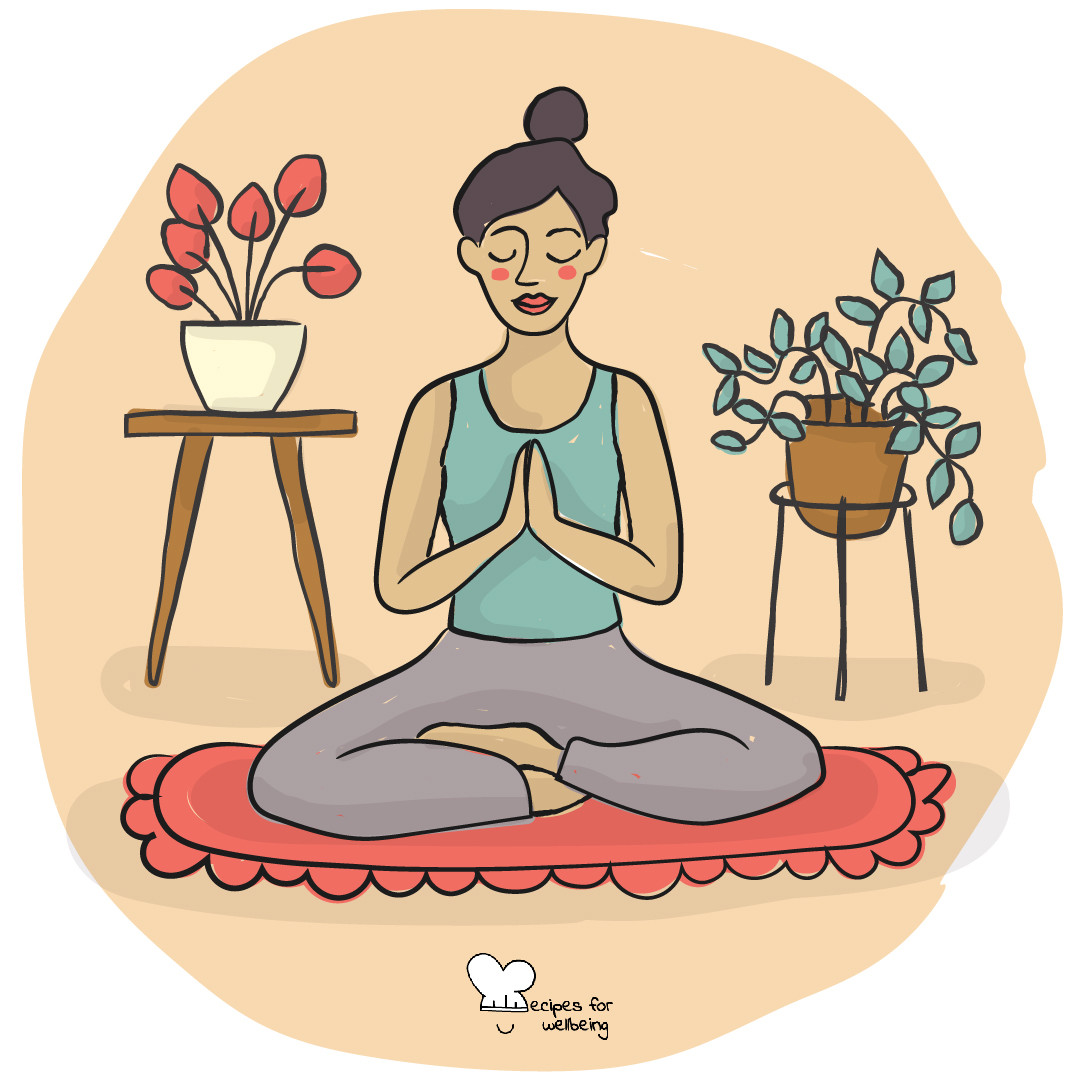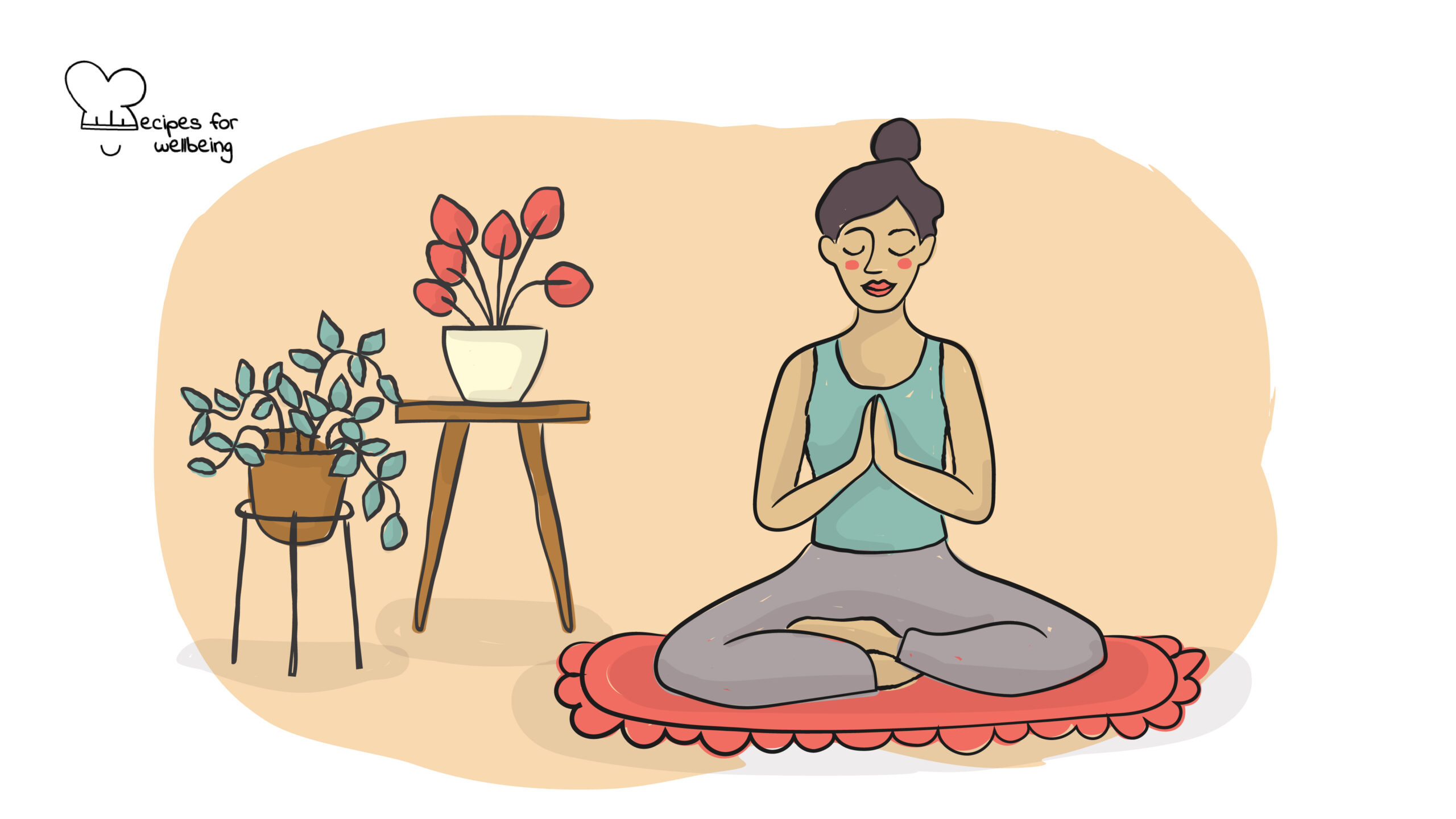
Mindfulness: complacent or revolutionary?

The long-read article published on the Guardian’s website on 14 June 2019 provokingly titled “The mindfulness conspiracy”. As someone who has been devoting a lot of her energy to help changemakers boost their wellbeing and become more effective, and therefore promoting mindfulness as a useful mindset and practice, I could not let this article slip through my scrolling-accustomed thumbs. After reading it, here is my initial response to author Ronald Purser.
Let me begin by expressing my support for some of Purser’s claims, as I share similar concerns. First and foremost, Purser warns that by helping people cope with the injustices in the world, mindfulness may be hindering radical action and instead perpetuating the status quo which does not remove (or resolve) the systemic and structural problems inherent to today’s global consumer capitalist society. Purser quotes the Slovenian philosopher Slavoj Žižek, who observes how mindfulness is “establishing itself as the hegemonic ideology of global capitalism,” by helping people “to fully participate in the capitalist dynamic while retaining the appearance of mental sanity.” How do we know if mindfulness is teaching people to “adjust to the very conditions that caused their problems” instead of transforming the whole world?
Second, building on the first point, Purser also warns against the “individualisation” of mindfulness – the roots of people’s unhappiness and dissatisfaction are inside their minds. Purser points out how this way of thinking may be promoting the idea that “It is not the nature of the capitalist system that is inherently problematic; rather, it is the failure of individuals to be mindful and resilient in a precarious and uncertain economy.” By placing responsibility on the individual, mindfulness fails to recognise that “personal stress also has societal causes”. This benefits the neoliberal discourse that pervades modern society, that blames individuals for their shortcomings and failures without considering external factors or social conditions.
Third, Purser worries about the way in which mindfulness has been packaged, whereby it has been “stripped of the teachings on ethics that accompanied it, as well as the liberating aim of dissolving attachment to a false sense of self while enacting compassion for all other beings.” As it is promoted by many nowadays, mindfulness indeed has become another way to train concentration and help people cope with stress and anxiety derived from competition. Mindfulness can therefore be used to help workers become well-oiled cogs in the big corporate machine, whose main objective remains the maximisation of profits.
Purser does recognise the benefits of mindfulness, such as reducing mental rumination to alleviate stress and anxiety, becoming aware of automatic reactions to feel calmer and kinder, etc. What Purser worries about the most is the fact that mindfulness can be abused to “support the status quo while using the language of transformation”. How do I – through my work as co-founder of Recipes for Wellbeing – sit with this? Let me broaden the mindfulness perspective to embrace wellbeing to address Purser’s valid concern.
On the one hand, at Recipes for Wellbeing, we believe that focusing on wellbeing opens up a path towards achieving individual and collective flourishing– the ultimate goal of changemaking. Not the maximisation of corporate profits, but human, social, and ecological flourishing. In fact, for us, wellbeing is more than a good state of health in the absence of problems. It is a positive state of flourishing that means thriving and living to the fullest whilst creating positive impact in the world. Wellbeing is therefore both a catalyst for positive change in the world, and the positive change in the world itself.
On the other hand, we recognise that wellbeing requires positive conditions in internal and external environments. Among external factors is the basic need to feel safe and secure – like health, housing, income, democratic society, and healthy environments. Internal factors meanwhile highlight our need to feel satisfied and valued, as well as connected and cared for. This includes how people relate to themselves; how they connect to others; and how they engage with the wider world. We do not shy away from acknowledging the impact of economic, social, and environmental frameworks on people’s wellbeing and on their ability to positively contribute to society. But we choose to focus on internal factors as a leverage to build people’s capacity to positively impact external factors.
Within our framework, therefore, mindfulness is a powerful tool to help people, in particular changemakers:
- Deepen their self-awareness and awareness of the world around them, identifying the internal and external factors that allow them to flourish or languish.
- Cultivate non-attachment to accept the impermanent nature of all things, and therefore focusing efforts on where they can make an impact.
- Acknowledging the nature of interdependence, interconnectedness, and interbeing, whereby there is no separation, only connection.
Yes, mindfulness is about being present in the here and the now, observing all that is happening within and around us with an attitude of curiosity which is neither critical nor judgmental. But if practiced with the right intention, mindfulness is not passive and complacent; it is rather active and revolutionary. It does have the power to change the world, one mindful individual at a time.

